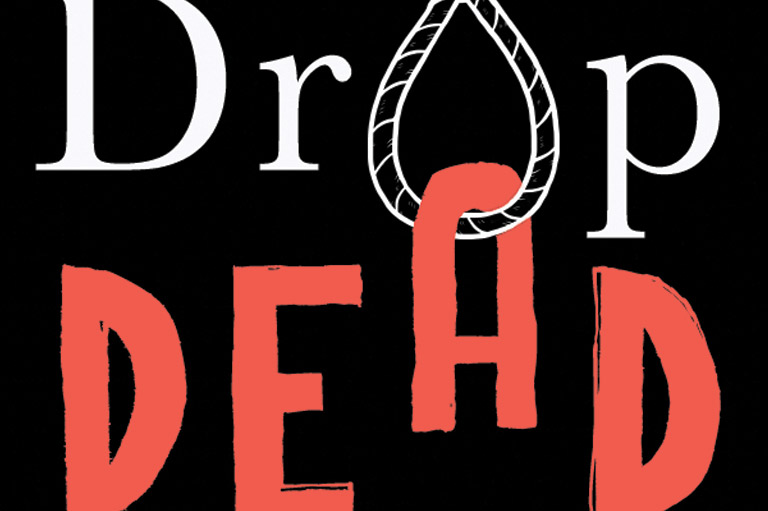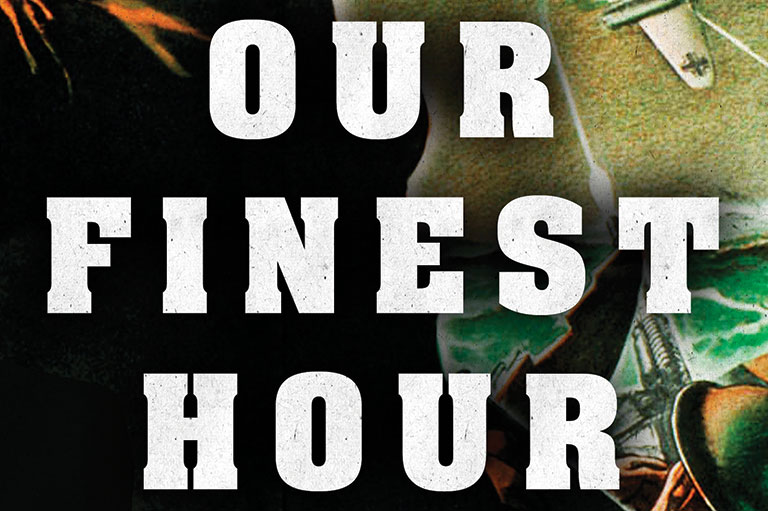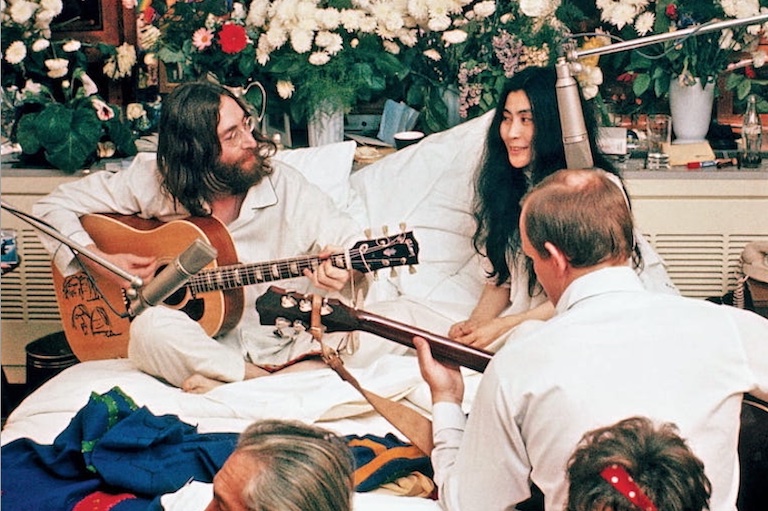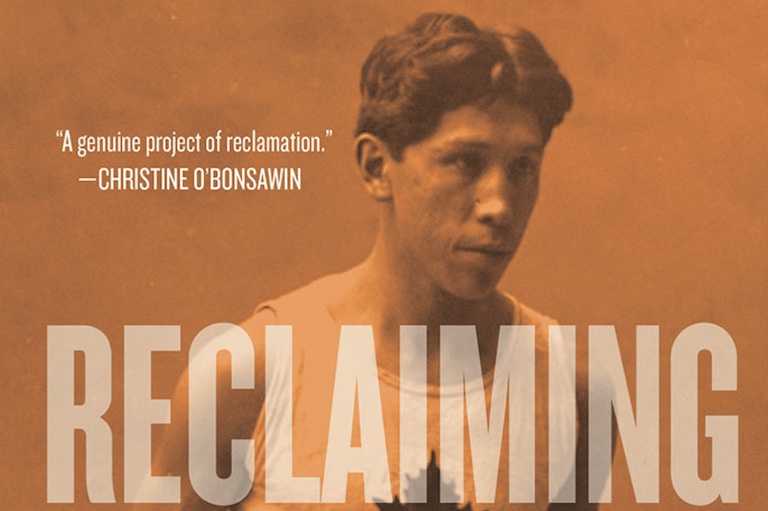Discover a wealth of interesting, entertaining and informative stories in each issue, delivered to you six times per year.
Dr. Oronhyatekha
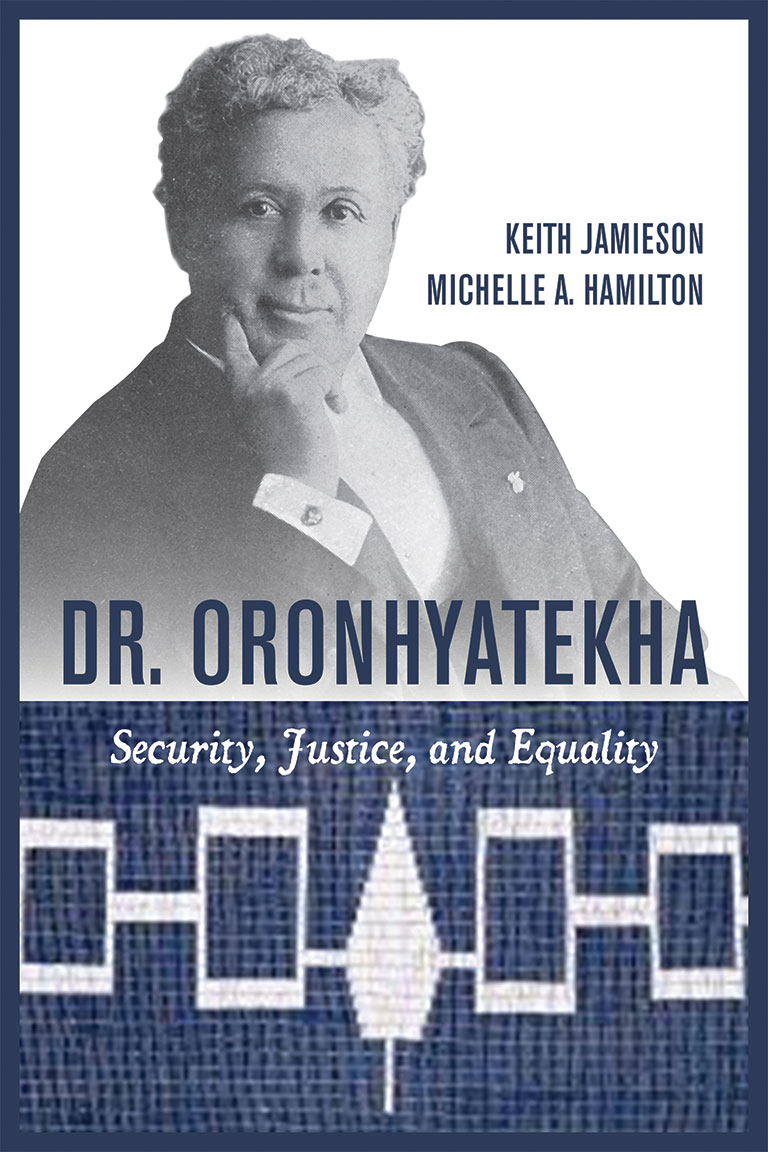
Dr. Oronhyatekha: Security, Justice, Equality
by Kieth Jamieson and Michelle A. Hamilton
Dundurn Press
368 pages, $26.99
This biography is about one of the most interesting men in Canadian history about whom little is known, and it thus fills an important gap. Dr. Oronhyatekha (Burning Sky) was baptized Peter Martin in 1841 in the Mohawk Territory of the Six Nations of the Grand River, near Brantford, Ontario. He lived an eventful life, travelling widely, and died in Savannah, Georgia, in 1907. Oronhyatekha’s funeral was held in Toronto and was attended by thousands. His body was taken by train for interment in Tyendinaga Mohawk Territory, north and west of Kingston, Ontario.
Probably the best-known story about Oronhyatekha is an address he made to the Prince of Wales when only nineteen years old. The prince, then aged eighteen and the eldest son of Queen Victoria, was paying a royal visit to Canada. Chosen to speak by the Six Nations of the Grand River, Oronhyatekha so impressed the future king that he was was given the opportunity to attend Oxford University. On his return to Canada he enrolled in the School of Medicine at the University of Toronto. In 2002, when it celebrated its 175th anniversary, Oronhyatekha was recognized as one of the “great minds” of the university. The testimonial reads, in part: “In 1866, Oronhyatekha … became the first Aboriginal Canadian to earn a degree from an institution of higher learning, completing a medical degree at U of T.”
Oronhyatekha was an amazing man who blended the best of the Haudenosaunee’s Great Law and of the Victorian era into a creed of security, justice, and equality that he furthered through the fraternal movement. In politics he was a Conservative and a friend of Sir John A. Macdonald. He even planned to name a child after Macdonald, but the child was a girl. One wonders if the Kingston pub owner who recently took Macdonald’s name off his pub consulted with the Mohawks of the Bay of Quinte band council to see if they approved of this shabby treatment of a good friend of Oronhyatekha.
While he practised his profession in different centres in southern Ontario — including Stratford, London, and Toronto — as well as in and around the Tyendinaga Mohawk Territory — at Frankford, Napanee, and Deseronto — Oronhyatekha is most widely known for being the Supreme Chief Ranger of the Independent Order of Foresters. In 1878, not yet forty years old, he took over a moribund organization and built it into an important financial and fraternal organization that was based in Toronto after he moved the head office from London, Ontario. In building the organization, he expanded internationally to Europe, Australia, India, and Egypt, and in the mid-1890s he had a new headquarters built. The Temple was Toronto’s first skyscraper and, for a time, the tallest building in the British Empire.
As a business historian I was particularly interested in the chapter on the 1906 McTavish Royal Commission on Life Insurance, which gave me new insights regarding an important event in Canadian financial history.
The Temple building is long gone from downtown Toronto, but thirteen kilometres to the north and east, near the Don Valley Parkway and across from the Ontario Science Centre, the Independent Order of Foresters building stands as a reminder of Dr. Oronhyatekha. Visitors entering the building will encounter his statue. But his main monument is an international organization based in Canada, with millions of clients and members and billions of dollars in assets, that helps families to achieve their financial goals and that makes a lasting difference in their lives and communities.
This new biography gives insights into the remarkable and often controversial life of an Indigenous person who was a friend of Sir John A. Macdonald and who achieved success in medicine, sports, politics, fraternalism, and business. Oronhyatekha was a true quintuple threat who, in spite of racial barriers, was remarkably successful in a wide range of endeavours.


